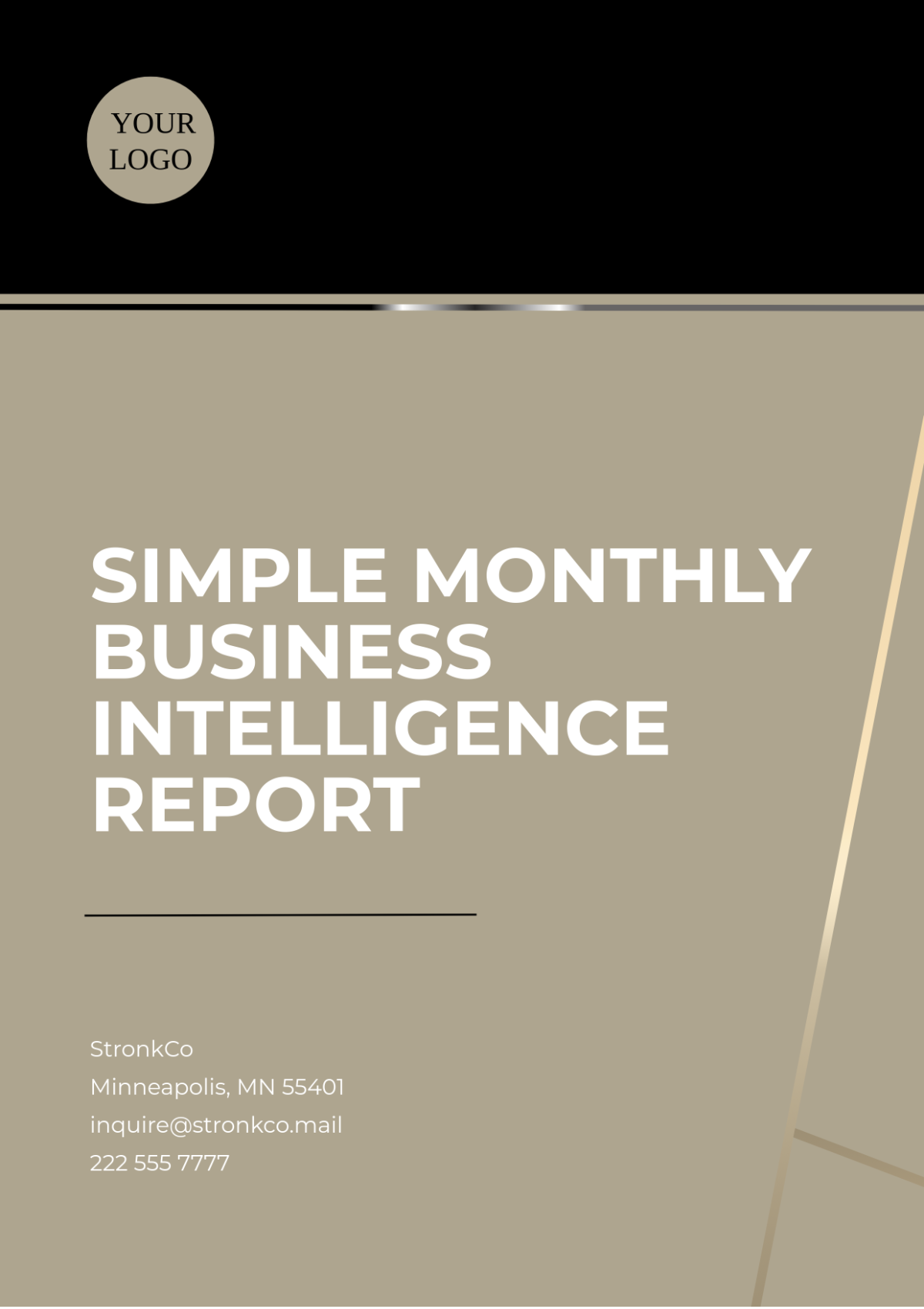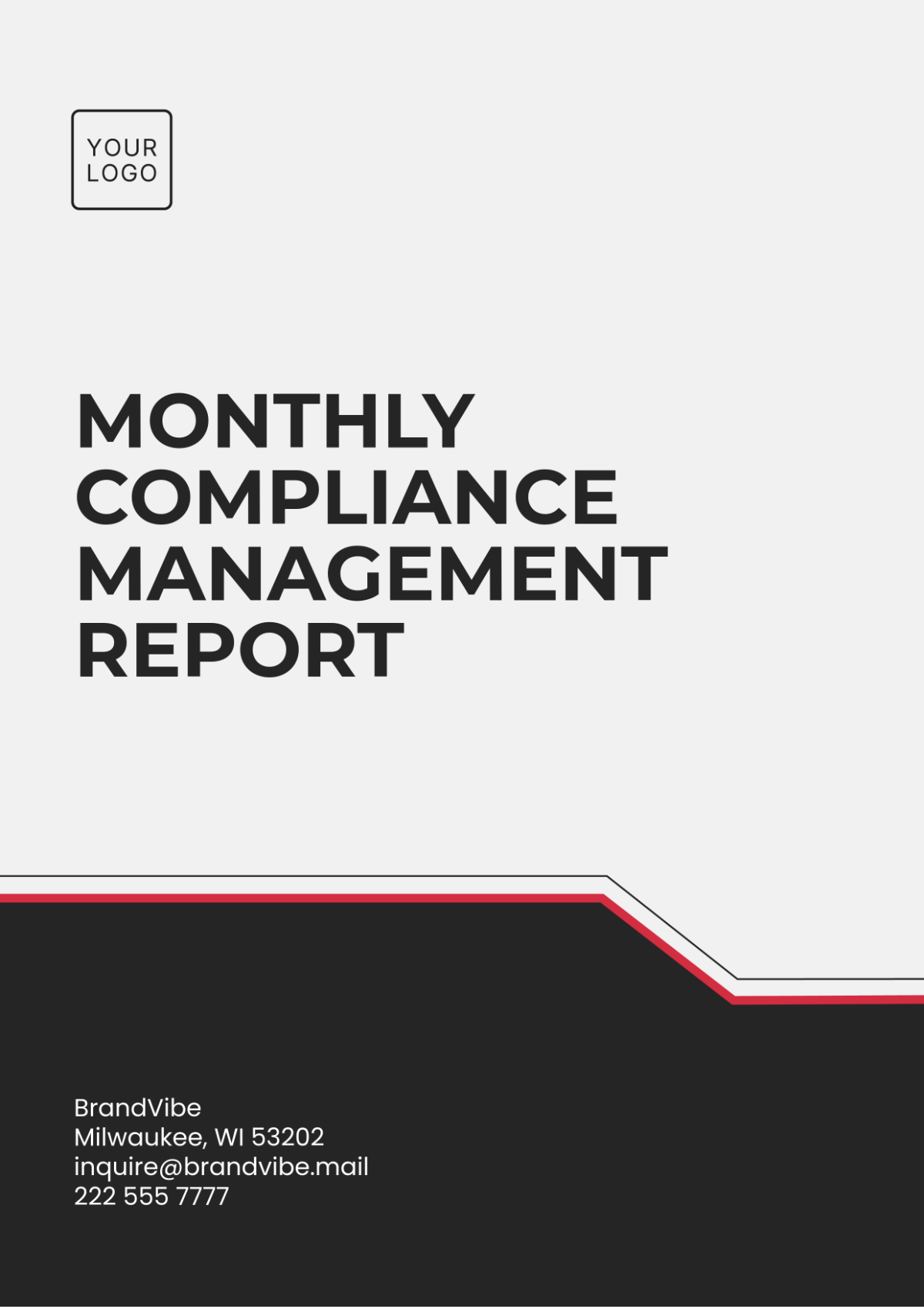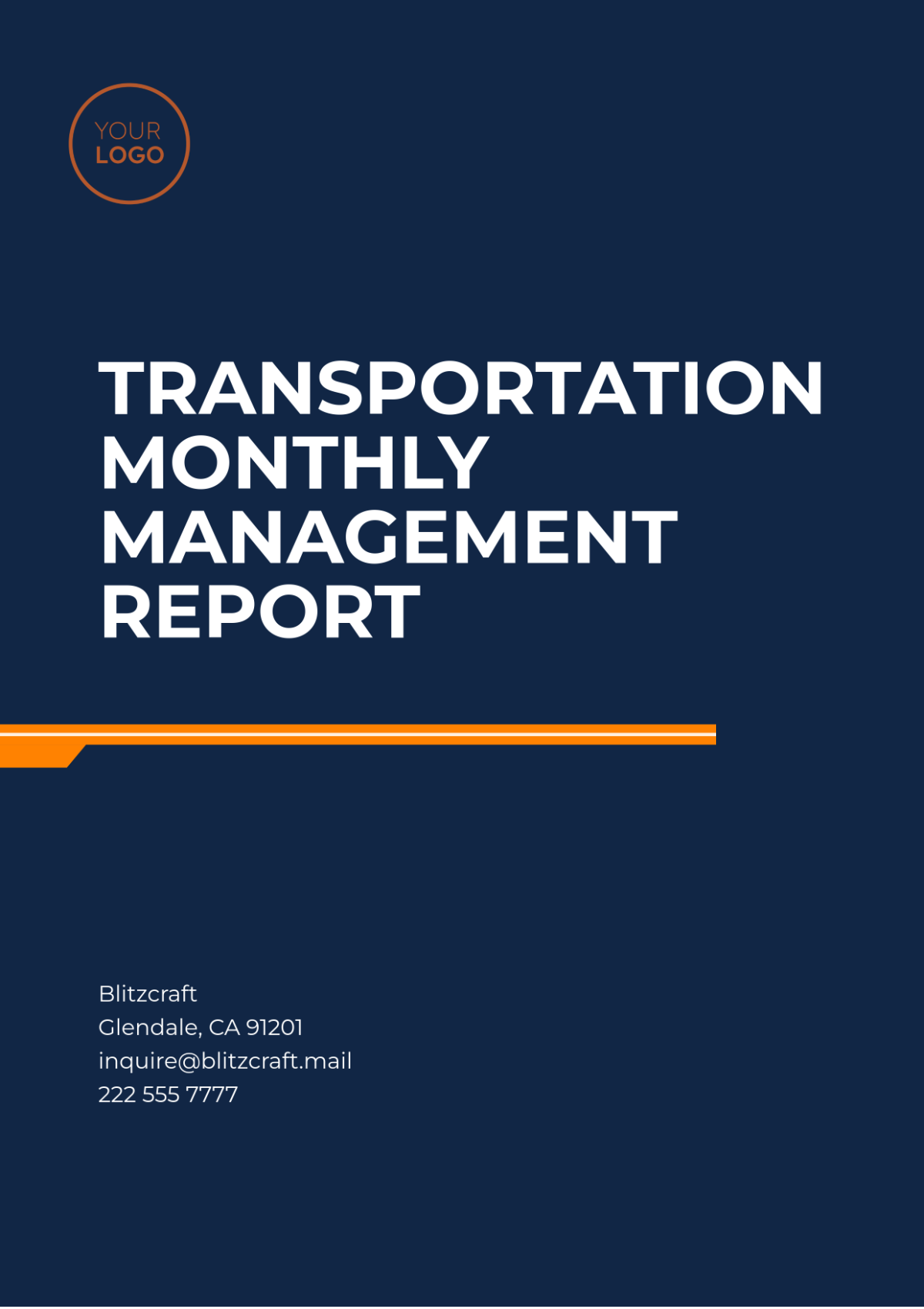MONTHLY PROJECT STATUS REPORT
Prepared By: | [Your Name] |
Company Name: | [Your Company Name] |
Report Date: | May 31, 2050 |
I. Executive Summary
In May 2050, significant progress was made in the project "Enhancing Customer Experience Through AI Integration." Achievements include completing the AI model training phase and deploying a prototype chatbot for customer support. Despite challenges in data integration, the project remains on track to deliver enhanced customer engagement capabilities by year-end.
II. Project Overview
The project aims to integrate artificial intelligence technologies into our customer service platform to improve response times, personalize interactions, and streamline support processes. Stakeholders include the IT department, customer service team, and executive leadership. The project spans from January 2050 to December 2050.
III. Progress Update
Throughout May 2050, the project team focused on data collection and preprocessing tasks to prepare for the next phase of AI model development. Initial user acceptance testing of the chatbot prototype provided valuable insights for further refinement.
IV. Achievements
Completed the AI model training phase, achieving an accuracy rate of 92%.
Deployed a prototype chatbot for customer support, resulting in a 30% reduction in response times.
Conducted user acceptance testing with 50 participants, receiving positive feedback from 80% of respondents.
V. Challenges
Challenges encountered in May 2050 include:
The complexity of data integration, especially with legacy systems.
Resource constraints for AI model development, necessitate additional staffing.
Alignment of customer service workflows with AI capabilities, requiring change management efforts.
VI. Action Items
To address identified challenges, the following action items are planned for June 2050:
Collaborate with data integration specialists to streamline processes and resolve issues.
Allocate additional budget for hiring AI developers and data scientists.
Conduct training sessions for customer service staff to familiarize them with AI tools and processes.
VII. Next Steps
In June 2050, the project team will focus on:
Refining the AI model based on user feedback and performance metrics.
Conducting pilot tests of the chatbot in live customer interactions, targeting 100 interactions per day.
Initiating a communication campaign to promote awareness and acceptance of AI-driven customer service among staff and customers.
VIII. Stakeholder Engagement
Stakeholder engagement activities in May 2050 included:
Weekly project status meetings with key stakeholders, highlighting progress and soliciting feedback.
Presentations of AI model progress to the executive leadership team, garnering support and alignment.
Surveys and focus groups with customer service representatives to gather insights and address concerns.
Date | Activity | Participants/Attendees | Outcome |
|---|---|---|---|
May 1, 2050-May 31, 2050 | Weekly project status meetings | Key stakeholders | Progress updates and feedback solicited |
May 15, 2050 | Presentation to the executive leadership team | Executive leadership | Support and alignment obtained |
May 20, 2050-May 25, 2050 | Surveys and focus groups with customer service reps | Customer service reps | Insights gathered, concerns addressed |
IX. Budget and Resource Update
As of May 2050, the project remains within budget, with 60% of allocated funds expended. Resources have been effectively utilized for milestone achievements, with no significant deviations from the planned budget observed.
Item | Budget Allocated | Funds Expended | Remaining Budget |
|---|---|---|---|
AI Model Development | $500,000 | $300,000 | $200,000 |
Data Integration | $200,000 | $120,000 | $80,000 |
Staffing | $300,000 | $180,000 | $120,000 |
Equipment | $100,000 | $60,000 | $40,000 |
Miscellaneous Expenses | $50,000 | $30,000 | $20,000 |
Total | $1,150,000 | $690,000 | $460,000 |
X. Risks and Mitigation Strategies
Key risks to project success include:
Potential data privacy concerns arising from increased use of customer data.
Delays in AI model development due to technical challenges or resource constraints.
Resistance to change from customer service staff, impacting adoption and effectiveness.
Mitigation strategies include:
Implementing robust data privacy measures and ensuring compliance with regulations.
Continuously monitoring and adjusting project timelines and resource allocations to mitigate delays.
Providing comprehensive training and support programs to facilitate staff buy-in and adoption.
XI. Conclusion
The project continues to make steady progress toward its objectives, with significant achievements in AI model development and customer engagement capabilities. By addressing challenges proactively and leveraging stakeholder engagement, the project remains on track for successful delivery in December 2050.










































